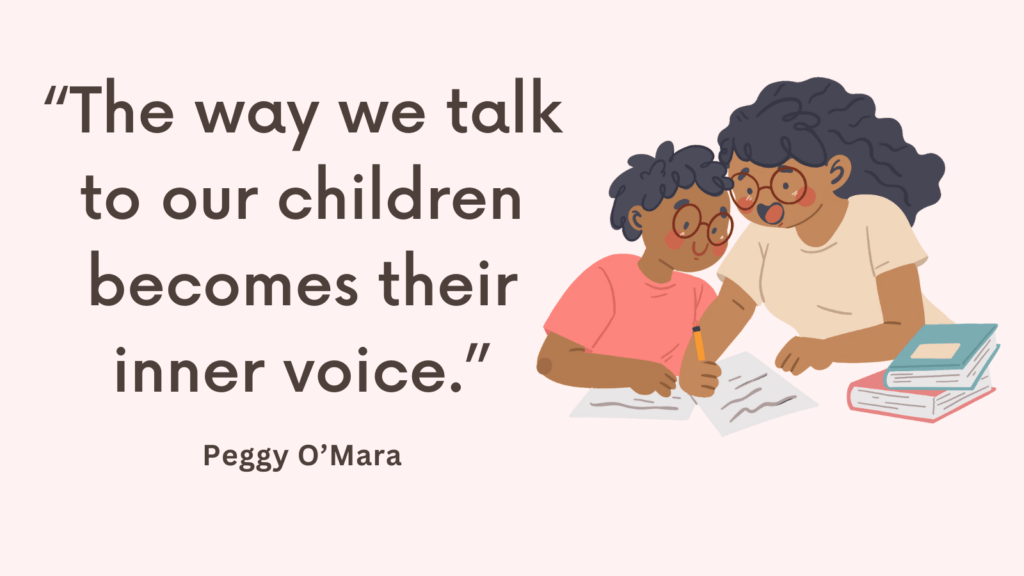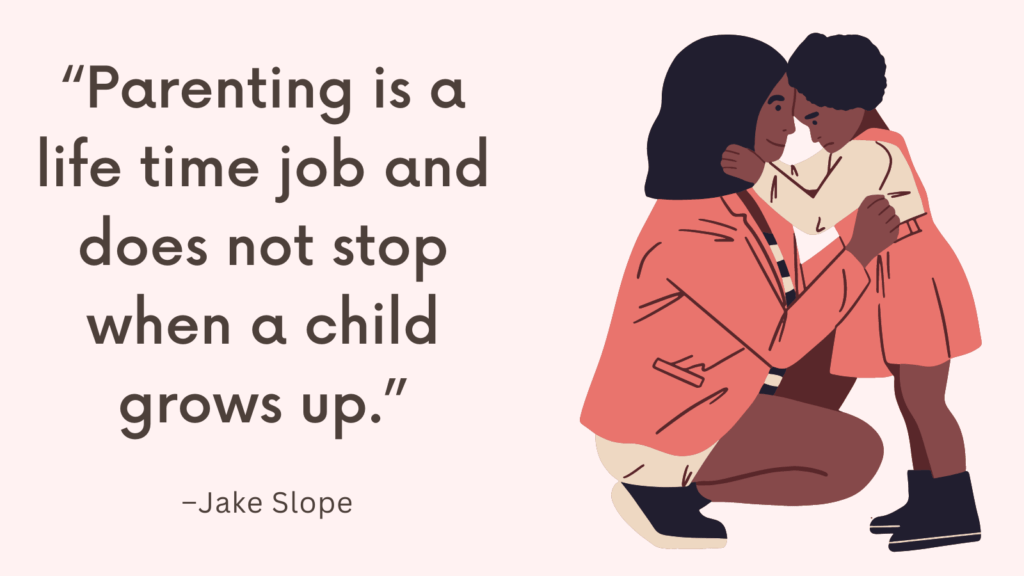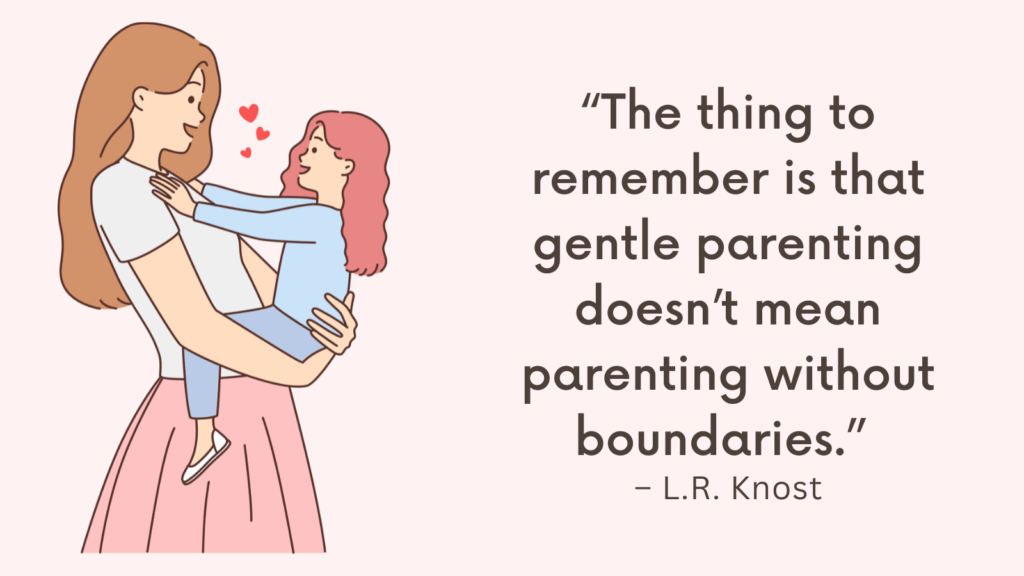In this post, you’re going to find out the answer to the question “is lining up toys a sign of intelligence?”
Is Lining Up Toys a Sign of Intelligence?
Lining up toys can sometimes be a sign of organization and problem-solving skills in young children.
It shows an ability to classify and group objects based on similarities, which is a cognitive skill related to intelligence.
However, it is important to remember that intelligence is multi-faceted and cannot be determined solely by this behavior.
Children can exhibit intelligence in various ways, such as through creativity, social skills, and emotional intelligence.
It’s also important to consider a child’s overall development and not focus solely on one aspect or behavior.
Related: Top 11 Parenting Myths That Are All Too Easy To Believe
Signs of Intelligence In Children
Signs of intelligence in children can vary depending on their age and developmental stage.
Here are some common signs that may indicate intelligence:
1. Curiosity and a thirst for knowledge
When a child expresses an inherent curiosity, constantly seeking answers and exploring the world around them, it indicates a level of intellectual engagement that goes beyond age-appropriate expectations.
This can manifest in the form of endless questions, a genuine interest in learning new things, and an eagerness to explore different subjects.
By fostering and encouraging curiosity and a thirst for knowledge, parents and educators can provide children with the tools they need to excel academically and intellectually.
Related: Is My Child Gifted Quiz
2. Good memory
One sign of intelligence in children is a good memory. This can manifest in various ways, such as remembering facts, instructions, or experiences.
Children with a strong memory often exhibit an ability to retain and recall information effortlessly, allowing them to excel in academic pursuits.
For example, they may easily memorize multiplication tables, historical dates, or vocabulary words.
Additionally, these children tend to excel in tasks that require memorization, such as learning musical notes or playing memory-based games.
A good memory also aids in problem-solving, as children can draw upon previously learned information to make connections and find solutions.
It is important to note that memory alone does not define intelligence, as other factors like critical thinking and creativity also play vital roles.
Nonetheless, a strong memory can be indicative of a child’s cognitive abilities and readiness to learn.
Related: Does My Child Need Speech Therapy Quiz
3. Problem-solving skills
This ability allows children to analyze and find solutions to various challenges they encounter.
An intelligent child demonstrates a natural inclination to think critically, approach problems with curiosity, and persistently work towards finding a resolution.
For instance, when faced with a complex puzzle, an intelligent child will not get easily discouraged but rather display determination and patience to solve it.
They may also exhibit creative thinking, using alternative strategies or thinking outside the box to overcome obstacles.
Furthermore, intelligent children often possess strong observation skills, keenly noticing details that others may overlook, enabling them to identify patterns or connections that aid in problem-solving.
Related: Does My Child Need Occupational Therapy Quiz
4. Language proficiency
A child’s ability to communicate effectively, understand complex concepts, and express their thoughts and ideas clearly can indicate a high level of intelligence.
One important aspect of language proficiency is vocabulary development. An intelligent child may have an extensive and diverse vocabulary, using words that are advanced for their age group.
For instance, a three-year-old who effortlessly uses words like “magnificent” or “extraordinary” is likely demonstrating advanced language skills.
Another indicator of intelligence is the ability to grasp grammar and syntax rules. A child who consistently uses correct verb tenses, pronouns, and sentence structures is displaying a strong grasp of language mechanics.
Additionally, children who show an interest in reading, engage in storytelling, or demonstrate an aptitude for learning multiple languages at a young age may also be exhibiting signs of heightened intelligence.
Related: Is My Child Highly Sensitive Quiz
5. Ability to focus and concentrate
When a child possesses the aptitude to concentrate on a task or activity without being easily distracted, it often suggests higher cognitive abilities.
For example, when given a challenging puzzle, an intelligent child will display patience and persistence, remaining engaged until they find a solution.
Additionally, their ability to focus enables them to delve deeply into subjects of interest, absorbing information and seeking to understand complex concepts.
This skill also extends to their ability to listen attentively in class, actively participating in discussions and grasping new concepts quickly.
Furthermore, intelligent children often show a natural inclination towards completing tasks with precision and accuracy, paying attention to details that others may overlook.
It is important to nurture and encourage this ability in children, as it forms a solid foundation for their academic, personal, and professional growth.
Related: Does My Child Have A Learning Disability Quiz
6. Quick learning
Quick learning refers to a child’s aptitude for absorbing and understanding new concepts at a faster pace compared to their peers.
This trait can be observed across different areas, such as language acquisition, problem-solving, and academic subjects.
For instance, a child who displays advanced language development by effortlessly learning and using new words or phrases demonstrates an aptitude for quick learning.
Similarly, a child who easily grasps complex mathematical concepts or demonstrates creative problem-solving skills at an early age may also exhibit this sign of intelligence.
Quick learners often show a thirst for knowledge, ask insightful questions, and demonstrate a high level of curiosity.
They tend to excel academically and display a natural ability to adapt to new challenges and environments.
Related: Best 10 Books About Learning Disabilities
7. An active imagination
Imagination allows children to think creatively, problem-solve, and explore the world around them in unique ways.
When a child possesses a vivid imagination, they are likely to engage in imaginative play, creating elaborate scenarios and storylines.
For example, a child may turn an empty cardboard box into a spaceship, taking themselves on imaginary adventures to outer space.
This ability to create rich stories and envision alternative realities requires cognitive abilities such as abstract thinking and a strong memory.
Moreover, an active imagination can also indicate a child’s ability to think outside the box and generate innovative ideas.
Related: Best 10 Books About Learning Disabilities
Conclusion
It’s important to note that intelligence is multifaceted and cannot be solely determined by specific behaviors or traits.
Every child is unique and may display intelligence in different ways.




